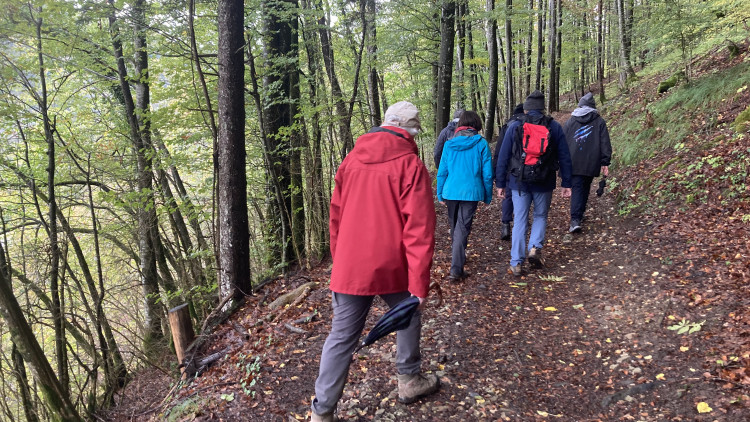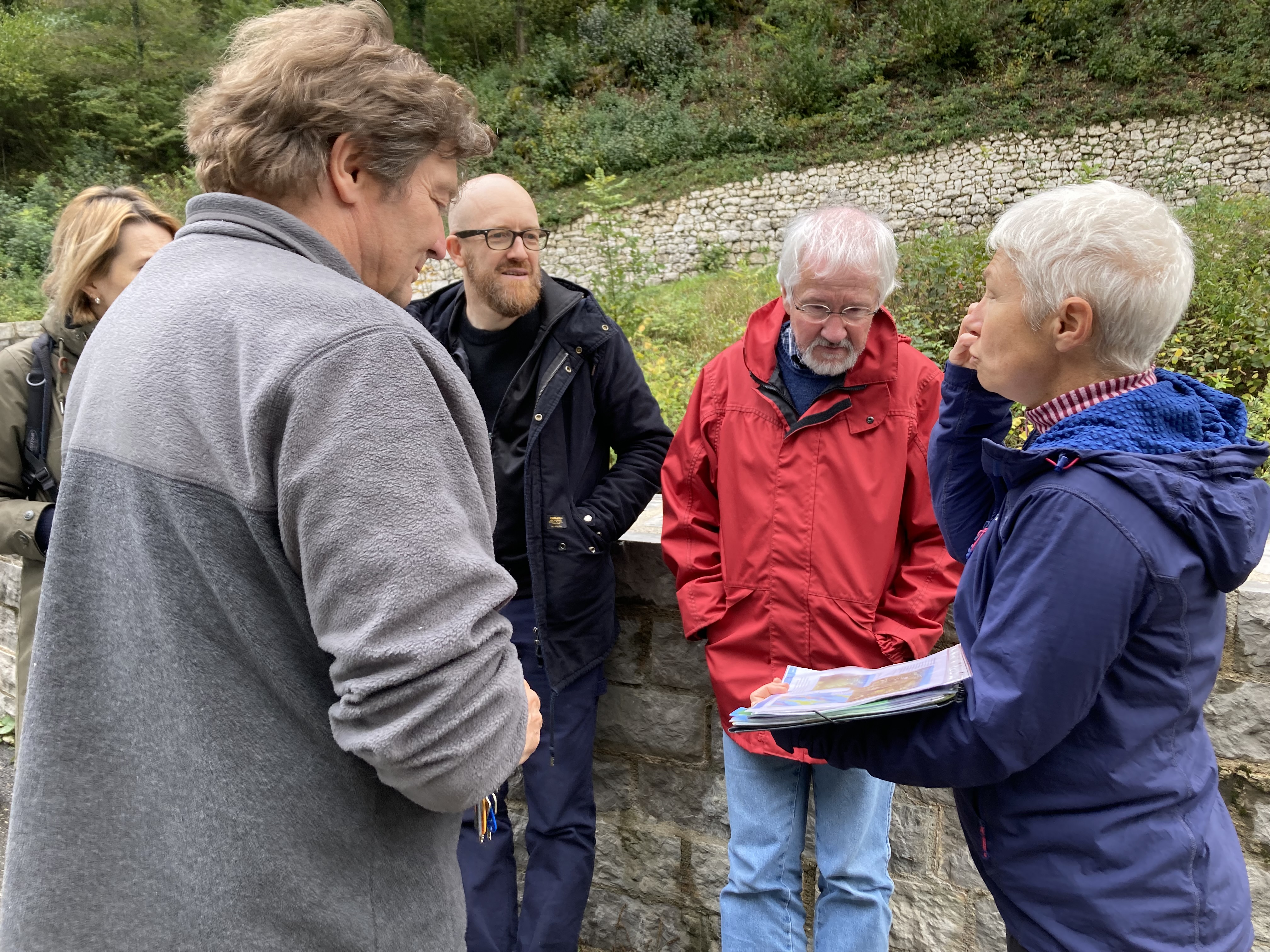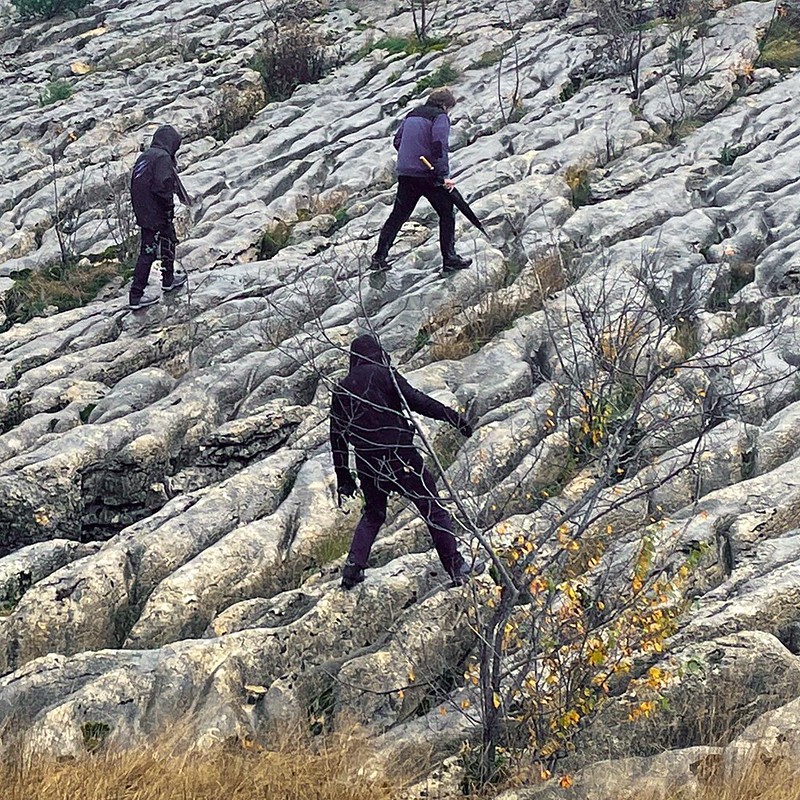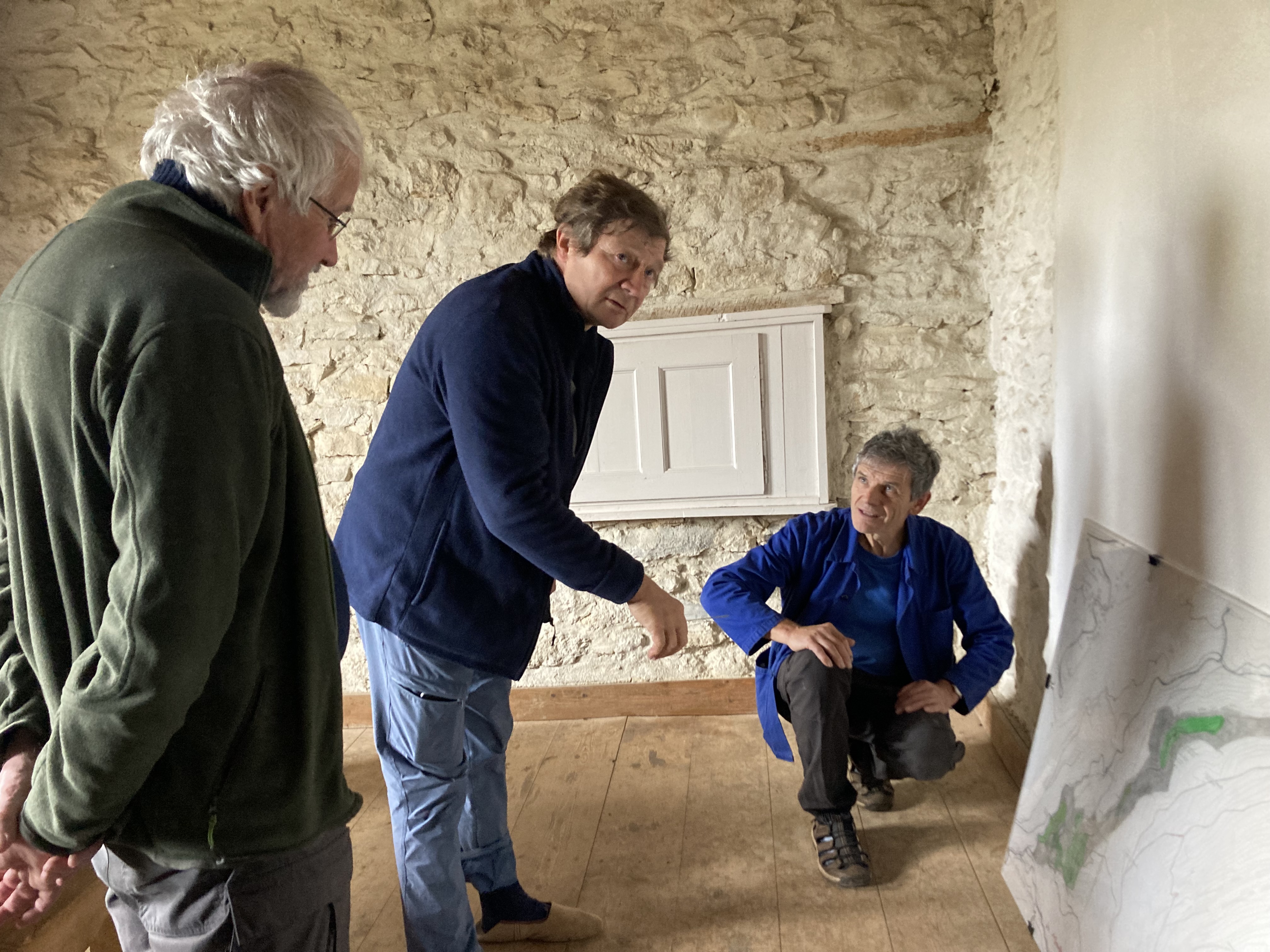Water Commons’ commission will seek to raise awareness about climate change

After the mediation process, which took place during 2023, an invitation was extended to artists, DISNOVATION org, to take part in this reflection and better anticipate the consequences on natural environments on resources.
In the Jura, a mid-mountain region characterized by dense woodland, karstic topography (ridges, valleys and combes) and an extensive network of rivers, natural lakes and wetlands, water is a major environmental factor in the face of ongoing climate change. The Haut Jura Regional Nature Park is a major player in the consideration of the future of water resources. For many years now, it has been taking action to improve and maintain the quality of the river system (restoration of watercourses, ecological continuity, flood prevention) and to anticipate the environmental and social issues involved in sharing water resources across a wide range of uses.

Thanks to its knowledge of the local players and its expertise in this area, the Regional Nature Park has been part of ‘Art Living Lab for Sustainability’ since 2023. Since the first meetings last year, with the technicians from the Haut-Jura Park and the first circle of sponsors, it became clear that the issue of water could only be tackled from the perspective of the specific karstic nature of this region. The question of the karst water cycle has become a major environmental issue, little known and poorly understood by the general public, even though it is the subject of observation and study by geographers, hydrogeologists and speleologists: The latter being the first witnesses of its rapid evolution and resource persons for research.

Karst, or "field of stones'' in German, comes from the Slovenian name “kras”, designating the region made up of high limestone plateaus. The term was later applied to sites with the characteristics of large fractured limestone massifs in which water circulates at depth. The long dry spells observed in recent years, in both winter and summer, have made the water resources present in the karst, which supply a third of the population, even more vulnerable.
The issues and problems associated with these environments are not limited solely to the exploitation and preservation of groundwater. They are multiple and affect qualitative and quantitative aspects, such as: adapting to the effects of climate change and the impact on water availability; the trophic level of water and the self-purification capacity of watercourses; the ability of regions to conserve the remarkable biodiversity of their aquatic environments.
The artistic commission, after a deep mediation process
After this mediation process and its conclusions, an invitation was extended to artists, DISNOVATION.org, to take part in this reflection aims to raise awareness of the climate changes underway, and even to better anticipate the consequences on natural environments on resources, on their management and, above all, on the sharing and uses of what must be collectively reconsidered as a "common good".

The subject of the commission crosses their preoccupations with a constant desire to make their works permanently accessible, particularly via the Internet; the commission also echoes their working method, which aims to involve scientists and researchers in their creations. For the commissioners, their work and the media they use will be immediately effective, and could easily reach young audiences.
